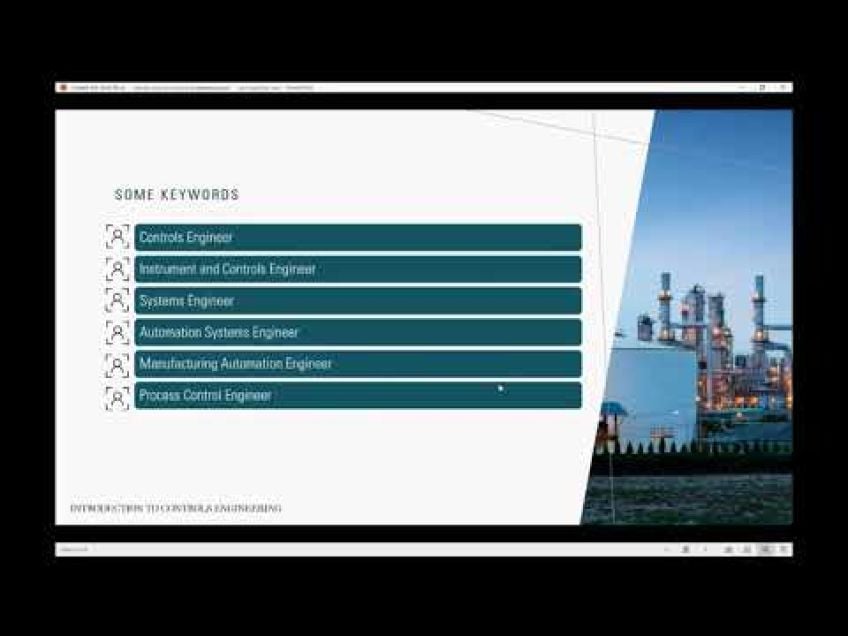- Career Path
- Controls Engineer
Controls Engineer
Career Path: Controls Engineer
A Controls Engineer is a key role in the field of engineering, responsible for designing, developing, and maintaining control systems and processes within a variety of industries, such as manufacturing, automation, and robotics. This role requires a strong understanding of industrial automation, instrumentation, and control systems, as well as the ability to apply engineering principles to develop innovative solutions.
Opportunities
Controls Engineers have diverse career opportunities, including roles in industrial automation, robotics, automotive manufacturing, aerospace, and energy management. They can work on projects that involve designing, testing, and implementing control systems to optimize efficiency, productivity, and safety in manufacturing processes, as well as developing cutting-edge technologies in the automation industry.
Skills Required
To succeed as a Controls Engineer, individuals should possess a strong foundation in electrical and mechanical engineering, as well as proficiency in programming languages such as C++, Python, or Java. Additionally, a deep understanding of control theory, PLC programming, SCADA systems, and robotics is essential. Problem-solving, analytical thinking, and attention to detail are crucial skills for developing and troubleshooting control systems.
Controls Engineers should also demonstrate strong communication and teamwork skills, as they often collaborate with multidisciplinary teams to integrate control systems into various industrial processes. Furthermore, staying updated with the latest advancements in automation and control technologies is critical for success in this field.
Embarking on the career path of a Controls Engineer offers exciting challenges and rewarding opportunities to contribute to the advancement of industrial and automation technologies. It is a dynamic field that requires a blend of technical expertise, creativity, and problem-solving skills, making it an ideal career choice for individuals with a passion for engineering and technological innovation.

